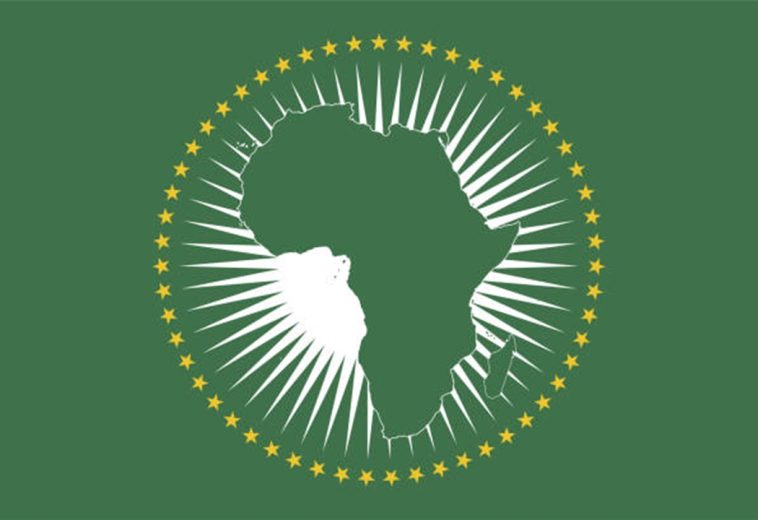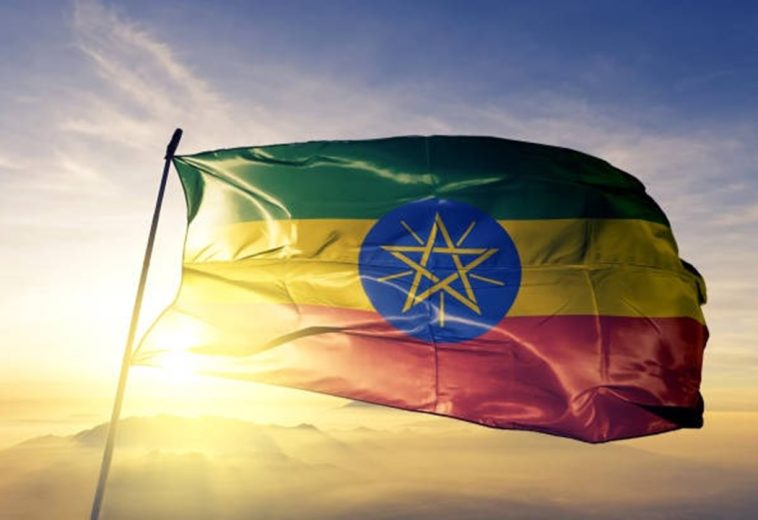As the effects of climate change intensify worldwide, Africa has transitioned from being a victim of the crisis to a proactive agent in shaping global climate policies. Despite contributing minimally to global greenhouse gas emissions, Africa bears a disproportionate share of climate impacts, compelling its leaders to champion climate justice and equity on the international stage. Through strategic partnerships, innovative policies, and determined advocacy, African nations are not only influencing global frameworks but also asserting their role as indispensable stakeholders in crafting sustainable solutions.
How is Africa fighting climate change?
Like the resilient baobab tree, Africa stands strong despite bearing the brunt of climate change’s harsh effects. While the continent contributes less than 4% to global greenhouse gas emissions, its vulnerability to climate extremes makes its voice crucial in global dialogues. From droughts in the Sahel to floods in East Africa, these challenges underscore Africa’s urgency in advocating for global accountability and support.
READ ALSO: Impact of Climate Change on Rural Communities in Africa
African leaders have consistently pushed for equitable climate financing at events like COP27 and COP28, calling for wealthier nations to honour their commitments to the $100 billion annual pledge. This stance is rooted in justice, recognising that those least responsible for the crisis are disproportionately affected. The African Union’s Climate Change Strategy 2020–2030 highlights this commitment, focusing on green pathways for economic growth and low-carbon development.
Africa’s Transformative Climate Policies
Africa has shifted from being a passive observer to an active architect of climate solutions. The Economic Commission for Africa (ECA) has played a pivotal role in integrating climate action into the continent’s development agenda. Through its African Climate Policy Centre (ACPC), the ECA has assisted countries such as Zimbabwe, Liberia, and Malawi in revising their Nationally Determined Contributions (NDCs) under the Paris Agreement, ensuring these align with broader development goals.
Initiatives like Ethiopia’s nature-based solutions for water resilience and Kenya’s advancements in solar energy demonstrate Africa’s leadership in climate innovation. These projects not only mitigate climate risks but also promote sustainable livelihoods, showcasing Africa as a laboratory for scalable climate solutions.
Africa’s Advocacy for Global Climate Justice
Africa’s advocacy extends to shaping international climate policies. During preparations for COP29, African nations proposed a Loss and Damage Fund to address irreversible climate impacts. This fund aims to provide financial resources to countries facing catastrophic events, a concept pioneered by African negotiators and now gaining global traction.
Furthermore, Africa is driving a new narrative by aligning its Agenda 2063 with global sustainability goals. Initiatives like the African Climate Summit and the Nairobi Declaration are reshaping global expectations, proving that Africa is not just a recipient of aid but a powerful partner in co-creating a sustainable future.
Addressing Africa’s Climate Challenges: A Call for Increased Investment
Despite significant progress, Africa faces substantial challenges in addressing climate change. Climate financing remains inadequate, with only a small proportion of global funds reaching African nations. Additionally, the lack of reliable data and limited access to technology hinder comprehensive action. Nevertheless, Africa’s abundant solar energy potential, vast carbon sinks in its forests, and growing youthful population present unique opportunities for transformative change.
With increasing investment in renewable energy and capacity-building, Africa can lead a green revolution that not only mitigates climate impacts but also stimulates economic growth.
Africa’s Vision for a Sustainable Future: Towards Global Climate Leadership
As the world transitions to a low-carbon economy, Africa’s contributions are indispensable. From spearheading renewable energy projects to advocating for global climate justice, the continent sets an example of resilience and innovation. The African Union’s leadership in fostering regional cooperation and the inclusion of civil society and youth in climate discourse ensures that no voice is left unheard.
Africa’s role in shaping global climate policies is one of determination, equity, and foresight. Like the rising sun, it illuminates a path towards a more sustainable and just future, not only for the continent but for the entire planet.




